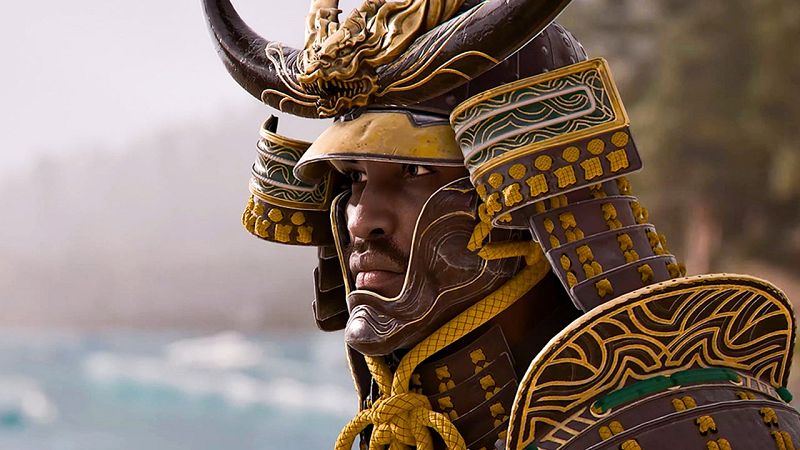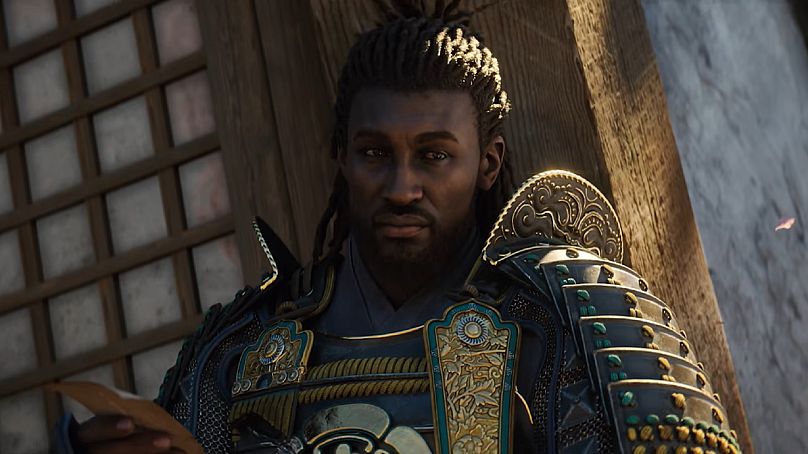When
Assassin’s Creed Shadows
Released earlier this year, it signaled a significant new era for the enduring video game series: an aesthetically impressive journey through 16th-century Japan featuring two selectable main characters—a fictitious Japanese woman named Naoe, who is an assassin, and Yasuke, a historical figure known as a Black samurai from Africa.
However, despite receiving acclaim for its gameplay and backdrop, the game has sparked numerous intense online debates—particularly surrounding Yasuke, the first known foreign-born warrior thought to have attained samurai rank in Japan.
Instantly after the game’s unveiling in a trailer last year, criticism emerged. Many players argued that Ubisoft, the game’s creator, had emphasized “wokeness” at the expense of accuracy.
Although many criticisms were unfounded, they rapidly escalated into something more malicious. At the heart of this controversy was Dr. Sachi Schmidt-Hori, an associate professor specializing in Japanese literature and culture at Dartmouth College. She had served as a narrative consultant for the game in question.
She wasn’t responsible for designing the characters or plotting out the storylines. Instead, she focused on accurately portraying historical customs, environments, and speech patterns. However, this did not shield her from criticism online; people started launching attacks against her research methods, looks, and even her spouse through various forum discussions andReddit posts.
“Can you believe this? A professional ‘SJW’ verifies false history for Ubisoft,” commented one Redditor, employing an abbreviation for “social justice warrior.” Another individual referred to her as a “degenerate with sexual preferences who hates humanity since no one wants her,” they added.
Discovering that Yasuke was inspired by an actual individual who worked for Oda Nobunaga from 1581 to 1582 failed to appease many reviewers. Critics, especially those of Asian descent, contended that Schmidt-Hori aimed to obliterate their presence. Despite this criticism, her responsibilities were limited to studying historical practices and examining script content rather than developing character concepts.
I turned into the face of this backlash,” she stated. “Individuals were looking for someone to blame, and I happened to be standing right there.
Instead of stepping back, Schmidt-Hori opted for an unconventional strategy: she reacted with compassion. Taking cues from the renowned civil rights activist John Lewis, she decided to create the “good trouble” he often spoke about.
She started responding to several of the furious emails, questioning the senders about their anger towards her and suggesting they discuss it directly through a Zoom call. Many individuals who posted hurtful remarks have subsequently apologized.
Anik Talukder, a 28-year-old South Asian man residing in the UK, mentioned that he “gained significant insight” and apologized more than 10 times to Schmidt-Hori following their Zoom call. The meeting was arranged to talk about his Reddit post discussing her content.
“No one remains untouched by this highly divisive culture,” states Schmidt-Hori. “I genuinely hope individuals will strive to regard each other as human beings. It will succeed—I guarantee it.”









